Malaria in Nigeria: Staying Informed and Engaged
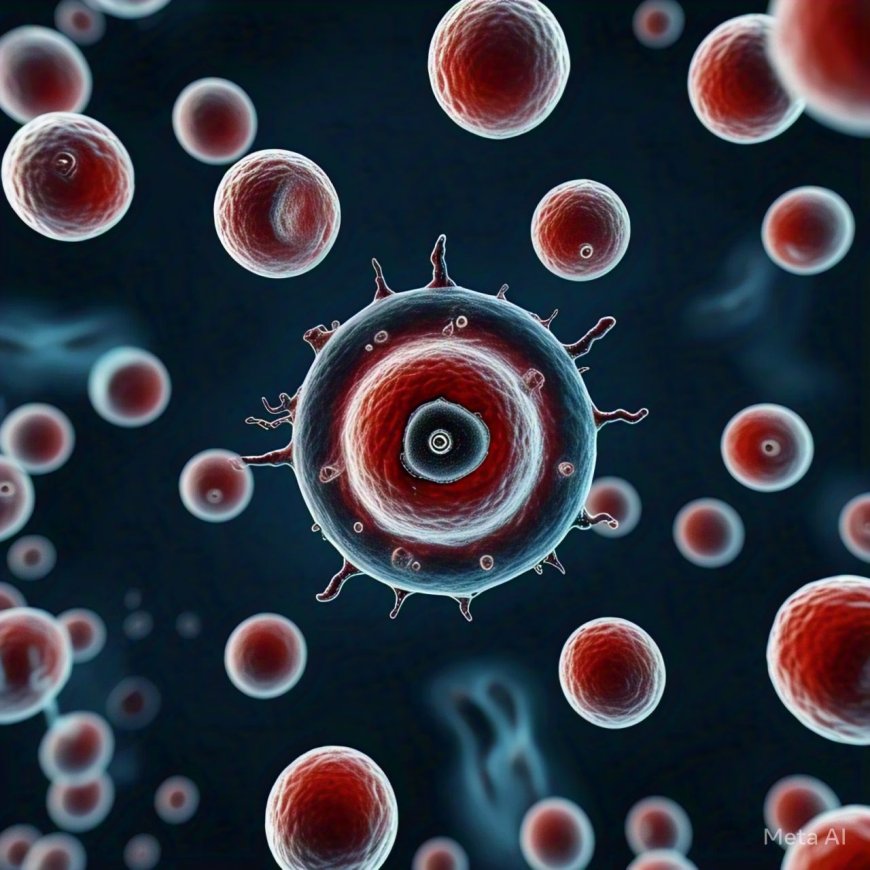
Background Report
Malaria is one of the most prevalent and deadly diseases in Nigeria, contributing significantly to morbidity and mortality, especially among children under five and pregnant women. Nigeria accounts for approximately 27% of the global malaria burden, making it a major public health concern. Despite efforts to combat the disease, it continues to thrive due to environmental, socioeconomic, and infrastructural challenges.
Malaria is a disease that has been around for centuries, affecting millions of people annually. It is not just a health issue but also a socio-economic problem, as it leads to loss of productivity, increased healthcare costs, and a strain on national resources. The World Health Organization (WHO) recognizes April 25th as World Malaria Day, a day set aside to raise awareness and mobilize efforts toward malaria eradication.
Causes of Malaria
Malaria is caused by Plasmodium parasites, which are transmitted to humans through the bites of infected female Anopheles mosquitoes. The primary causes of malaria prevalence in Nigeria include:
-
High Mosquito Population – Nigeria’s tropical climate and stagnant water bodies provide a suitable breeding ground for mosquitoes.
-
Poor Sanitation – Unclean environments and clogged drainage systems enhance mosquito breeding.
-
Lack of Access to Healthcare – Limited access to proper medical facilities and treatment contributes to high malaria cases.
-
Inadequate Use of Preventive Measures – Many people lack or do not use insecticide-treated bed nets (ITNs) and indoor residual spraying (IRS).
-
Resistance to Antimalarial Drugs – The emergence of drug-resistant strains of Plasmodium makes treatment more challenging.
Symptoms of Malaria
The symptoms of malaria typically appear 10 to 15 days after infection. They include:
-
High fever and chills
-
Profuse sweating
-
Severe headache
-
Nausea and vomiting
-
Muscle and joint pain
-
Fatigue and weakness
-
Abdominal pain
-
Diarrhea (in some cases)
-
Anemia and jaundice (in severe cases)
Severe malaria can lead to complications such as cerebral malaria, organ failure, and even death if left untreated. It is crucial to seek immediate medical attention if any symptoms appear.
Prevention of Malaria
Preventing malaria is essential to reducing its impact on public health. Some key preventive measures include:
-
Use of Insecticide-Treated Bed Nets (ITNs) – Sleeping under treated nets reduces mosquito bites.
-
Indoor Residual Spraying (IRS) – Spraying insecticides inside homes kills mosquitoes.
-
Environmental Sanitation – Eliminating stagnant water, clearing bushes, and proper waste disposal reduce mosquito breeding.
-
Use of Antimalarial Drugs – Preventive drugs like sulfadoxine-pyrimethamine (SP) are recommended for pregnant women.
-
Wearing Protective Clothing – Long sleeves and trousers help reduce exposure to mosquito bites.
-
Applying Mosquito Repellents – Using insect repellents on the skin and clothing can deter mosquito bites.
The Dangers of Self-Treatment
One of the biggest challenges in malaria control is the widespread practice of self-treatment. Many Nigerians resort to self-medication rather than visiting a healthcare professional. This can lead to improper dosing, resistance to medication, and severe complications. It is strongly advised that individuals seek medical attention from qualified doctors whenever malaria symptoms appear. Early diagnosis and proper treatment can save lives and prevent complications.
Remedies and Treatment of Malaria
Malaria treatment depends on the severity of the infection. Common remedies include:
-
Antimalarial Medications – Artemisinin-based combination therapies (ACTs) are the first-line treatment for uncomplicated malaria.
-
Hospitalization for Severe Cases – Severe malaria requires intravenous (IV) antimalarial treatment and supportive care in a medical facility.
-
Hydration and Nutrition – Drinking plenty of fluids and maintaining a healthy diet helps the body recover faster.
-
Herbal Remedies – Some local herbs like neem and artemisia are traditionally used for malaria relief, though their effectiveness varies.
-
Blood Transfusion (in Severe Cases) – Patients with severe anemia due to malaria may require a blood transfusion.
The Role of Advocacy and Community Involvement
Malaria is not just a disease; it is a collective issue that requires the involvement of governments, communities, and individuals. Advocacy plays a crucial role in spreading awareness, educating people about preventive measures, and ensuring that necessary interventions are implemented. Everyone has a role to play:
-
Individuals should take preventive measures and encourage family and friends to do the same.
-
Community leaders should organize sanitation drives to eliminate mosquito breeding sites.
-
Healthcare workers should educate people about proper malaria treatment and prevention.
-
Governments and NGOs should provide resources such as mosquito nets, antimalarial drugs, and better healthcare access.
Summary
Malaria remains a significant health challenge in Nigeria, but it is preventable and treatable. Implementing effective control measures, improving healthcare access, and increasing awareness can significantly reduce the disease’s burden. Government policies, international partnerships, and individual efforts are crucial in the fight against malaria, ultimately improving the overall health and well-being of Nigerians.
To truly eradicate malaria, everyone must take responsibility—avoid self-medication, always seek professional healthcare, and actively participate in malaria prevention and advocacy programs. Spread the word and help create a malaria-free Nigeria.
What's Your Reaction?






























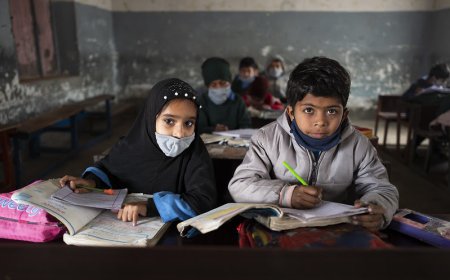
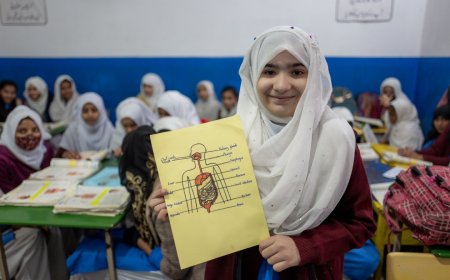




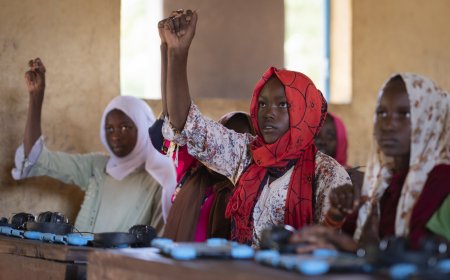







































![Watch: The Butterfly Circus [Short Film] featuring Nick Vujicic](https://blog.elfglobal.org/uploads/images/202405/image_430x256_6654b9bc69c46.jpg)



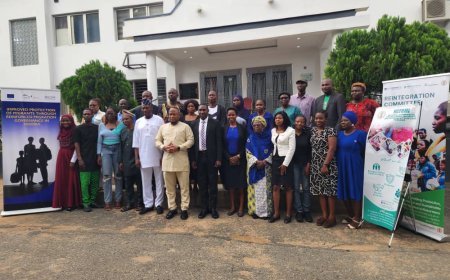







![Watch: The Butterfly Circus [Short Film] featuring Nick Vujicic](https://blog.elfglobal.org/uploads/images/202405/image_140x98_6654b9bc76b8e.jpg)





